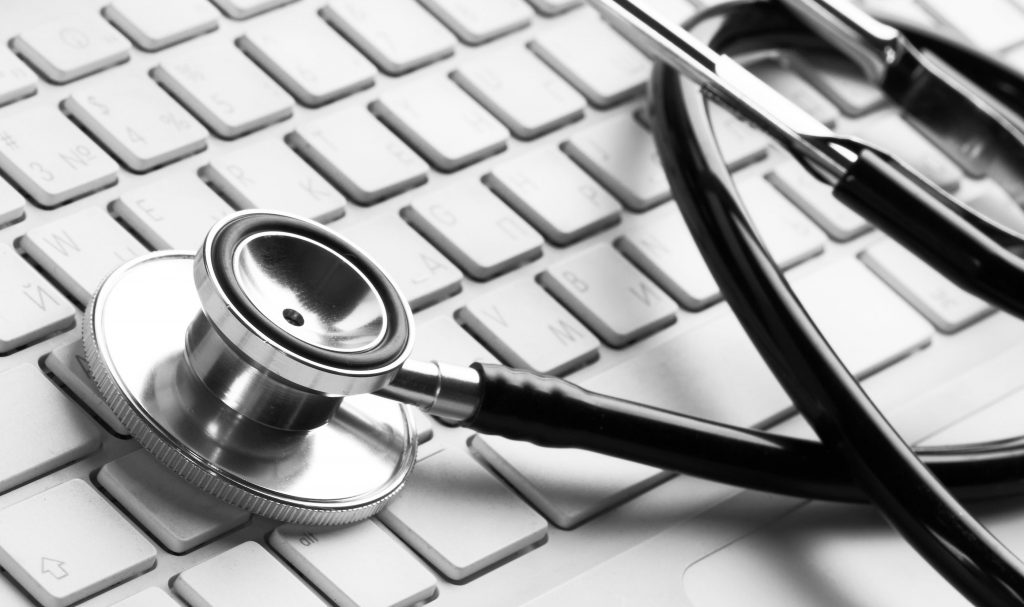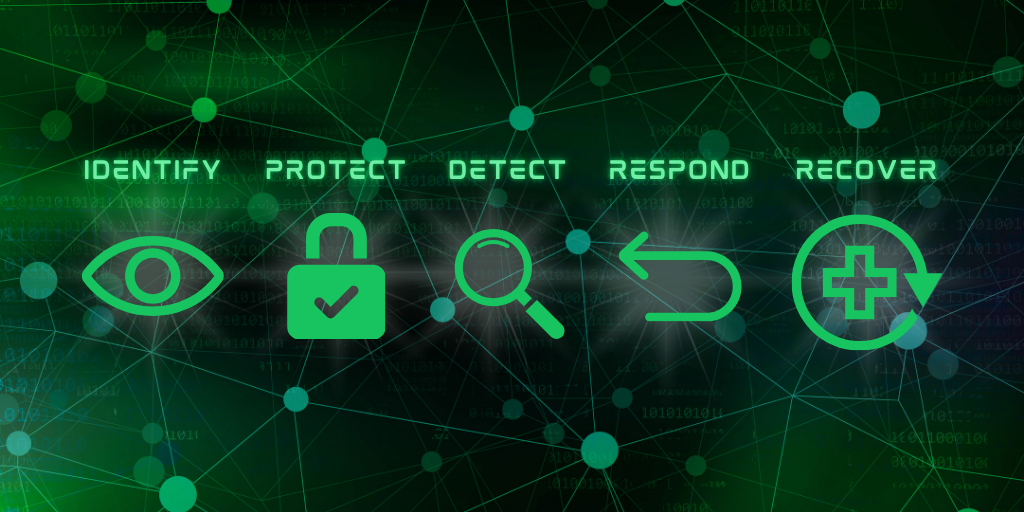Secure Messaging Practices for Small Businesses
Small businesses must prioritize secure messaging to protect sensitive information and maintain customer trust.
2 min read
.jpeg) Michael Markulec
:
Nov 27, 2020 4:00:00 PM
Michael Markulec
:
Nov 27, 2020 4:00:00 PM

The medical industry has the often-thankless task of finding solutions to hundreds of thousands of diseases. And it's quite effective at doing its job. Right now, medical researchers are developing and testing vaccines for COVID-19 at lightning speeds. Despite their effectiveness at preventing and treating human ills, however, they're having difficulty dealing with viruses of the digital kind.
According to Black Book Market Research, an overwhelming majority of healthcare organizations have experienced at least one data breach. Their study, featured in Newswire, also found that more than 300 million healthcare records have been stolen since 2015. This means that about one in 10 patients in the country have had their crucial information compromised.
According to a recent report by the Wall Street Journal, data breaches cost healthcare providers more than $400 per record. ; This includes a combination of legal fees, monitoring fines, and more. Some hospital-based practices have stopped accepting patients altogether because of lost data and other consequences of ransomware attacks.
Ransomware is a form of malicious software that some people may mistakenly open. It locks the computer down and keeps away every file from the user until they pay a certain amount to the hacker. Some ask for a few hundred dollars, while others demand thousands. It depends on how much data was compromised and how important these are.
And that's only the tip of the iceberg. Attackers continue to use different phishing and cloud hacking methods to compromise essential patient data and sell it to the highest bidder.
With breaches common in the industry, it's no longer a question of if, but when your practice may get attacked. So, what can you do to improve your cybersecurity further and prevent such attacks from happening?
Cybersecurity is a critical concern that every medical practice needs to deal with. Not only does it keep you compliant with regulations like the HIPAA, but it also improves your patients' trust in your services. Use these practical methods to improve your practice's protection against cyberattacks so you can concentrate further on improving your patients' health instead of lost or stolen records.

Small businesses must prioritize secure messaging to protect sensitive information and maintain customer trust.

In an era of ever-evolving cyber threats, small businesses can adopt the NIST Cybersecurity Framework to achieve robust cybersecurity without...

Phishing attacks are becoming increasingly sophisticated, posing a significant threat to businesses of all sizes. Implementing key strategies can...